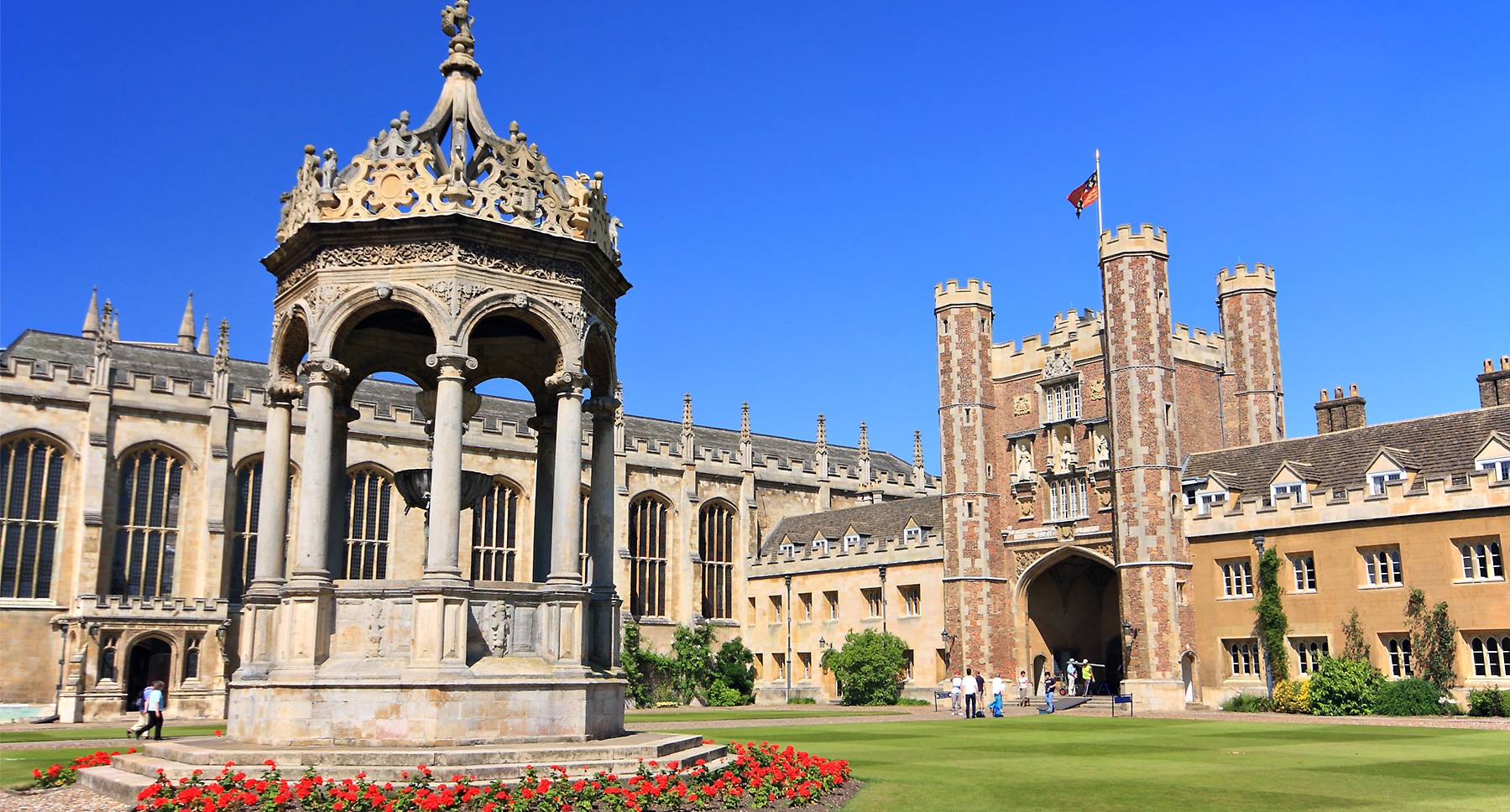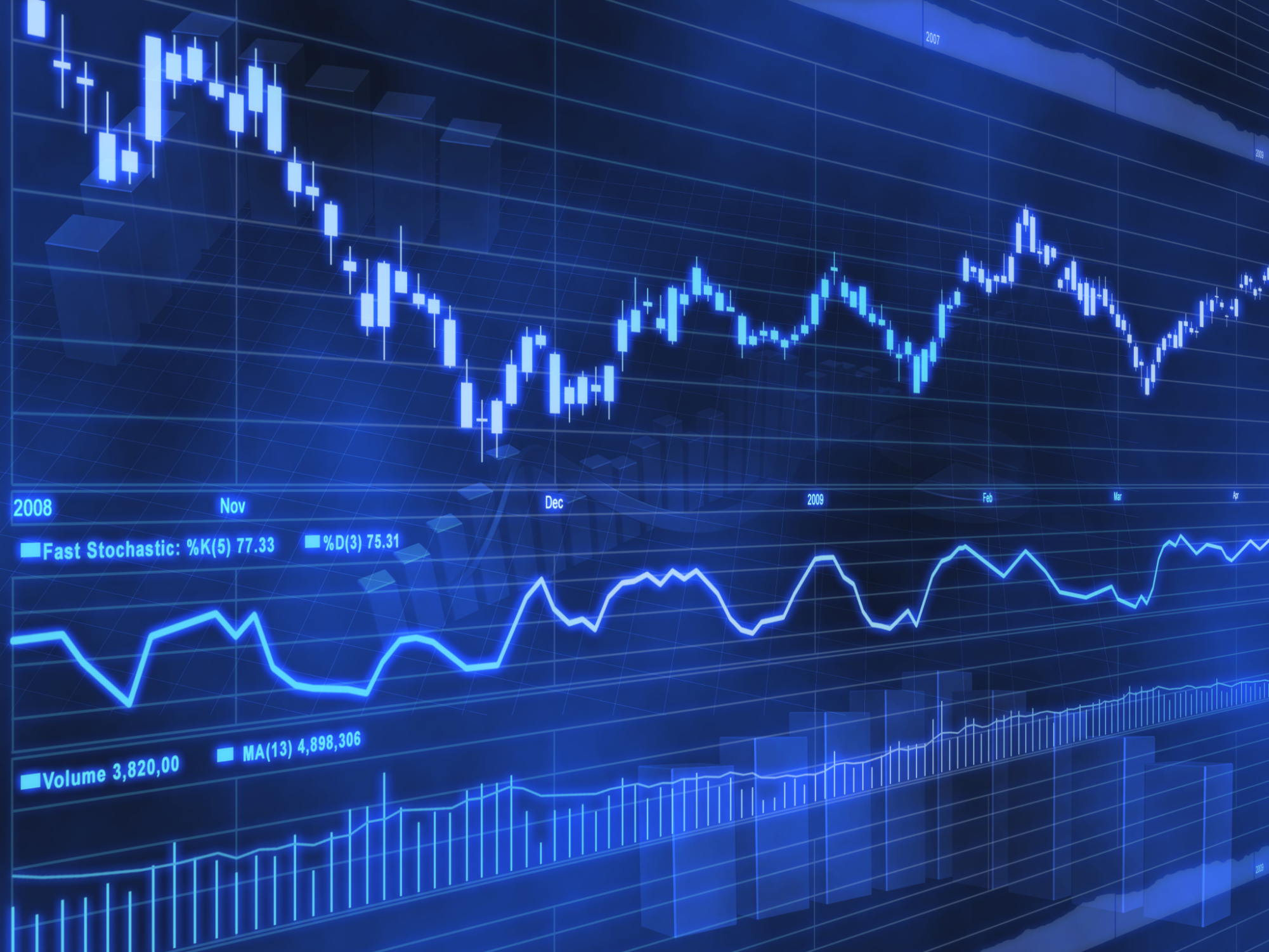Still waiting
When chancellor George Osborne gave his speech to outline the government’s budget earlier this month, he hailed the UK’s supposedly growing economy, calling it the “Comeback Country”.
He claimed living standards were rising and that the coalition government had created a labour market that “made work pay”.
That Osborne’s speech was far from the truth has been yet again proven yesterday (March 30) as results from a survey show the vast majority of workers do not expect a pay rise of more than 2 per cent, with a sizeable portion expecting a pay freeze.
Only one in five workers expected an above 2 per cent pay rise, with almost 40 per cent saying they expected no change to their earnings this year.
For public sector workers the outlook was worse – 45 per cent of these workers expected flat or falling wages, while 40 per cent expected the same in the private sector.
Public sector workers expected on average a 0.8 per cent pay increase, while private sector workers expect a slightly higher average increase of 1.2 per cent.
Chris Williamson, chief economist for Markit, the financial information firm for which Ipsos Mori conducted the poll, called the results worrying.
“The survey data indicate that there are clearly few signs of pay growth picking up in 2015,” he said.
“This is a major concern as the sustainability of the economic upturn is largely dependent on pay growth reviving.
“Like many others, the Bank of England is expecting a revival of pay growth to help support ongoing robust economic growth this year,” Williamson added. “This data suggest policymakers are likely to be disappointed.”
The survey results also found that wage expectations were progressively lower on the scale, moving from higher earners to low earners, meaning that the bottom end of the labour market – those already struggling the most – expect to continue earning less.
The Guardian noted that much of the economic growth reported in the past year can be attributed to increased household spending. But this spending came mostly from consumers dipping into their savings.
“Without a stronger rise in wages than the 1.6% growth rate registered in the latest official figures,” the Guardian asserted yesterday, “consumer demand growth could peter out.”
This means that any promise of an economic boom that the coalition government predictably trots out as the election nears will be nothing more than a mirage.
Indeed, even as the Bank of England had predicted that a fall in unemployment would translate into higher wages, their models were spectacularly wrong — the 4 per cent higher earnings figures they predicted hover below 2 per cent now.
Unite assistant general secretary Steve Turner said the results of the survey demonstrate that working people have yet to gain from an economy that’s supposedly on the up and up.
“These results are further proof that Osborne and the rest of his Tory pals are merely inventing an economic recovery in the hopes that we won’t notice the emperor isn’t wearing any clothes,” he said.
“The economy will remain in the gutter until the gains those at the top have enjoyed throughout the financial crisis and beyond are shared fairly with working people who are the true wealth creators,” he added.
“Britain needs a pay rise now to truly boost the economy. The minimum wage can and must be raised by £1.50, something our research has found is entirely affordable. Returning strength to unions and sector-level collective bargaining will also go a long way in addressing accelerating income inequality and the expanding swaths of working people on poverty pay.”
 Like
Like Follow
Follow


